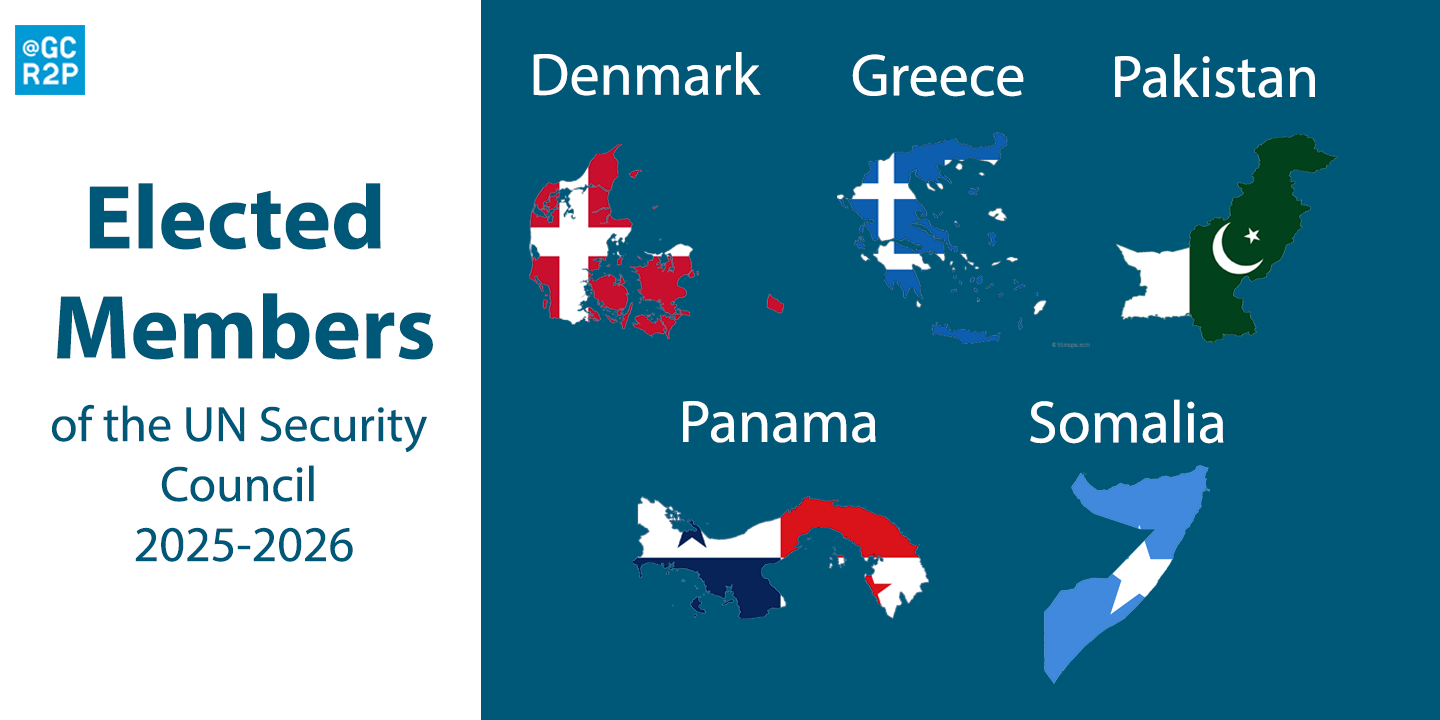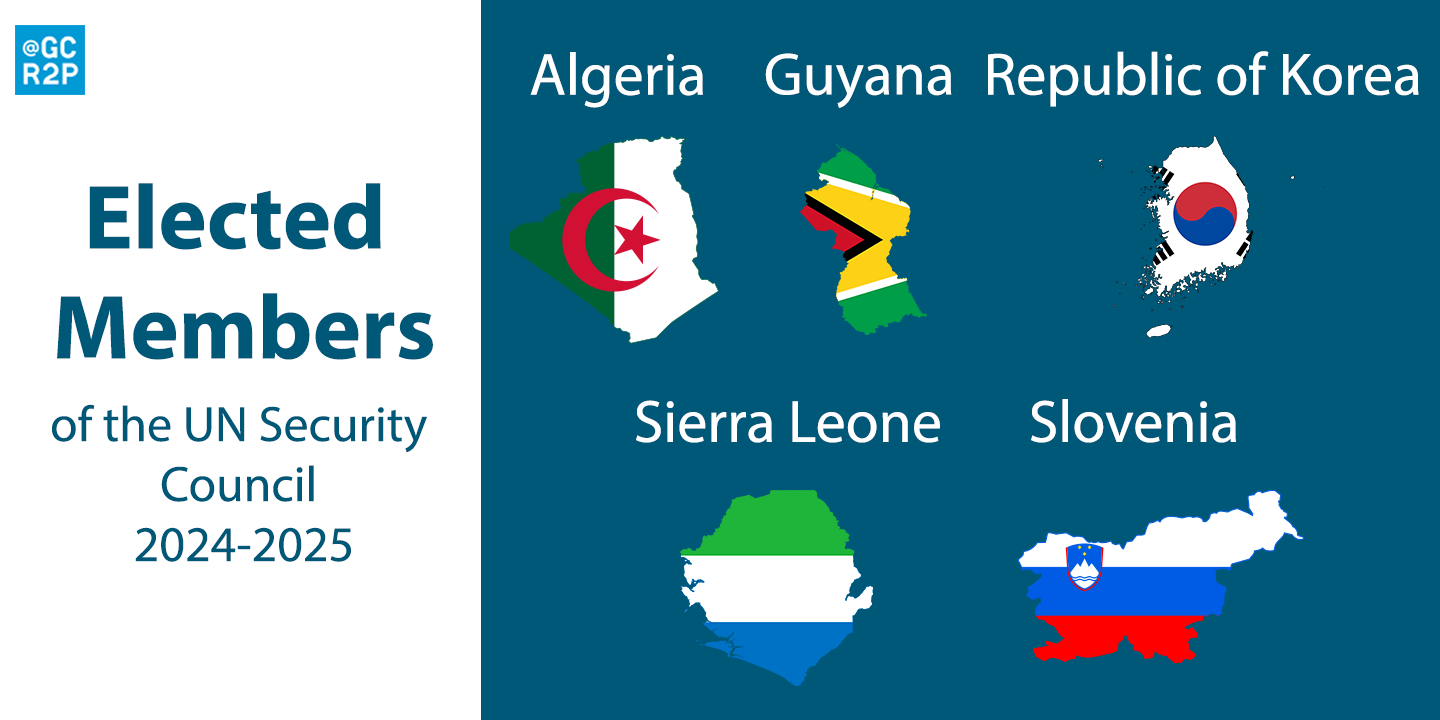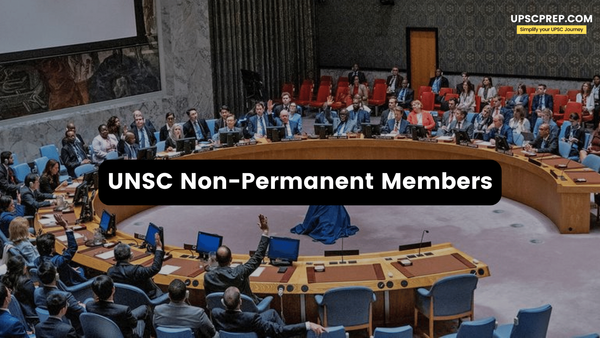Table of contents
Background
The United Nations Security Council (UNSC) is one of the six main organs of the United Nations, tasked with ensuring international peace and security.
- It has 15 members, five of which are permanent members with veto power (China, France, Russia, the United Kingdom, and the United States).
- The remaining ten are non-permanent members elected for two-year terms by the General Assembly.

Read More: What is the United Nations (UN)?
Election Process
General Assembly Vote:
- The 193-member United Nations General Assembly (UNGA) conducts a secret ballot to elect the non-permanent members of the UNSC.
- Five of the ten non-permanent seats are up for election each year, ensuring continuity on the Council.
Regional Allocation:
- The seats are allocated based on regional groups to ensure fair representation:
- Africa: 3 seats
- Asia-Pacific: 2 seats
- Eastern Europe: 1 seat
- Latin America and the Caribbean: 2 seats
- Western Europe and Others: 2 seats
- In this case, Denmark, Greece, Pakistan, Panama, and Somalia were elected, representing their respective regional groups.
Two-Year Term
- The elected members serve for two years starting from January 1 of the year following their election.
- For instance, the newly elected members (Denmark, Greece, Pakistan, Panama, and Somalia) will start their terms on January 1.



Responsibilities of Non-Permanent Members
Decision-Making:
- Participate in decision-making on international security issues.
- Vote on resolutions and other measures, though without veto power.
Committees and Working Groups:
- Engage in various committees and working groups addressing specific issues such as sanctions, peacekeeping, and conflict resolution.
Diplomatic Engagement:
- Represent their countries and regional interests while working collaboratively with other members to maintain global peace and security.
Key Takeaways
- The election of non-permanent members is an annual process involving the entire General Assembly.
- The elected countries represent their regions and contribute to the Security Council’s work without having veto power.
- These members play a significant role in shaping decisions and actions related to international peace and security.
In summary, the inclusion of Denmark, Greece, Pakistan, Panama, and Somalia as non-permanent members of the UNSC reflects the rotational system designed to ensure diverse representation and participation in the council’s critical functions.
Previous Post